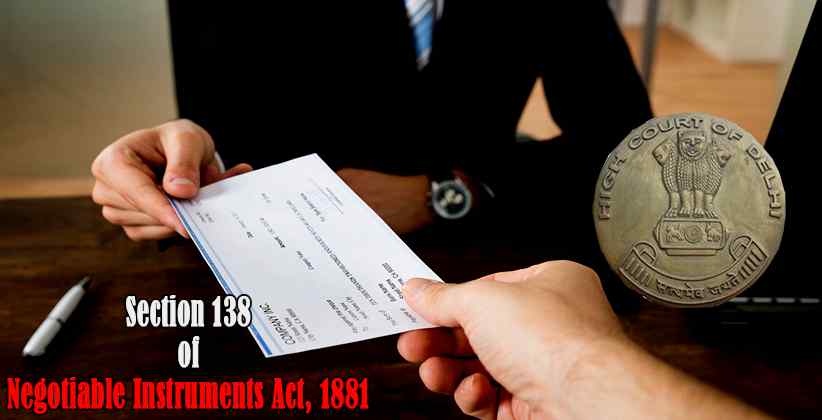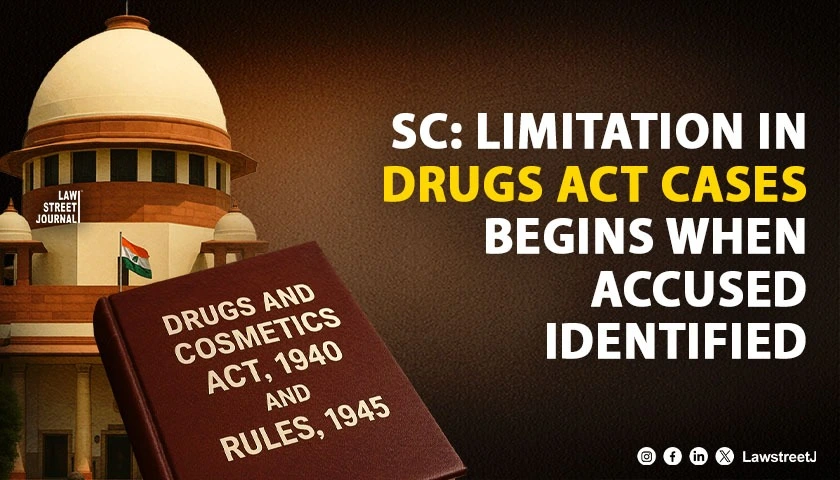A revision petition was filed for setting aside the order passed by Ld. MM in the case of M/s Laxmi Dyechan v. State of Gujarat, 2012 where the application of the accused/revisionist was dismissed under sec 138 of Negotiable Instruments Act, 1881. The respondent of the above order filled a complaint under sec 138 of NI act against the revisionist for failing to make the payment of the amount of the cheque.
In the said cheque drawn for an amount of Forty-Four Lacs Eighteen Lacs Eight Hundred and Ninety Six only which was dishonored by the bank with reason cheque irregularly drawn/amount in words and figures differ.
Grounds taken in the revision petition are:
The impugned order is wrong on facts and in law. The ld. MM had appreciated the facts wrongly and failed to appreciate the position of law as described under the NI Act.
When an accused appears before the trial court in a summons case it is the duty of the trial court to carefully go through the allegations made in the charge sheet/complaint and consider the evidence in order to come to the conclusion under sec 251 CrPC. The trial court failed to appreciate section 6 of the NI Act which defines the cheque and also failed to appreciate sec 5 of the NI Act which defines the bill of exchange.
It also failed to appreciate sec 18 of the NI Act which defines the circumstances where the amount is stated differently in figures and words.
The trial court was wrong in coming to the conclusion that there is prima facie evidence available on record against the revisionist to frame notice under section 138 of the NI Act.
The ld. Counsel for revisionist contented that the cheques presented in the bank with aforesaid amount were not ascertained and under sec 5 or 6 of the NI Act it is neither a Bill nor a Cheque and hence offense under sec 138 of NI Act could not be attracted.
The ld. Counsel for the respondents contended that the revisionist cannot take advantage of their own wrong when with malafide intention, the revisionist had filled an incorrect amount on the cheque in words. He further contended that a valid legal notice was served upon the revisionist despite that the revisionist neither paid the amount nor offered to issue a fresh cheque
The court finally held that the instrument was not a valid cheque when presented before the bank and as the instrument presented was not a cheque, a notice for subsequent dishonor of such instruments will not impose any liability upon the drawee either for non-compliance or for non-issuance of a fresh cheque. Thus the revisionist was discharged and the order of the ld. MM was set aside.






